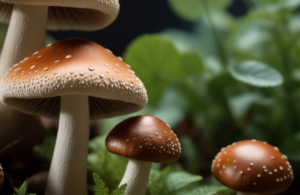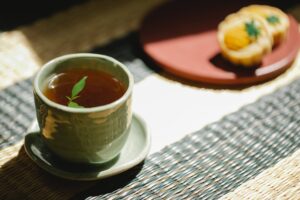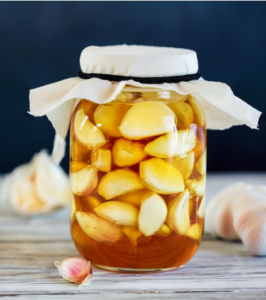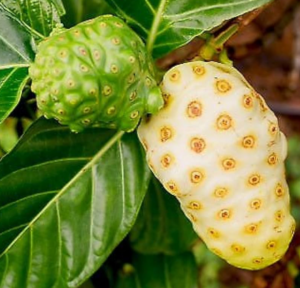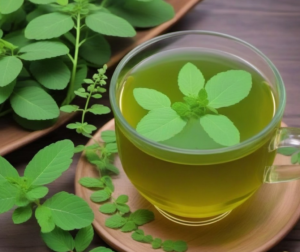We’ve talked about how Kombucha juice is good for you, but did you know it’s also used to make something unexpected? It’s true! Kombucha can be turned into a special kind of fabric called Kombucha Fabric. Pretty surprising, right? Well, it’s real and has a lot of potential. It could change how we think about eco-friendly fashion. In this article, we’ll look into Kombucha Fabric and see how it helps both people and the planet.
What is Kombucha Fabric?

Kombucha Fabric comes from the fermentation process of kombucha tea. It is also known as Scoby Fabric or Scoby Leather. The symbiotic culture of bacteria and yeast (SCOBY) used in brewing kombucha forms a thick, rubbery layer on the surface of the liquid. This layer, when dried and processed, results in a durable and versatile material similar to leather.
Addressing Sustainable Fashion Challenges
These days, sustainability is very important in the fashion industry, especially because of its notorious environmental footprint. Kombucha Fabric comes off as an easy solution to get rid of the ecological impact of conventional textile production methods.
Traditional textile manufacturing involves resource-intensive processes. This includes heavy water consumption to chemical usage. Moreover, the disposal of synthetic fabrics contributes to pollution and landfill overflow. Kombucha Fabric offers a sustainable alternative while addressing these pressing concerns.
Features and Functionality
Versatility in Design
Scoby fabric has excellent versatility and is suitable for various fashion and textile applications. From clothing to accessories, it allows designers to explore innovative concepts while adhering to sustainable practices.
Durability and Longevity
Despite its organic origins, it has excellent durability which rivals that of conventional leather. Its resilience ensures longevity and offers consumers an eco-friendly yet long-lasting alternative to traditional textiles.
Breathability and Comfort
One of the standout features of this fabric is its breathability and comfort. Unlike synthetic materials, it allows for airflow, promoting comfort even in warm climates. This attribute makes it ideal for clothing and accessories worn close to the skin.
Benefits of Kombucha Fabric

Environmental Sustainability
This fabric uses the power of fermentation and minimizes the ecological impact of textile production. Its renewable and biodegradable nature aligns with the principles of circular economy thus reducing waste and resource depletion.
Ethical Sourcing
This fabric also offers a transparent and ethical supply chain, from cultivation to production. And unlike animal-derived leather, it does not involve animal cruelty or exploitation. This makes it a cruelty-free alternative for our animal-conscious consumers.
Innovation in Fashion
Since it is a novel material, it sparks innovation in the fashion industry. Designers have the opportunity to pioneer sustainable fashion trends drive the demand for eco-conscious products and shape the future of the textile landscape.
Real-world Applications
Fashion Apparel
It finds its place in different fashion collections such as haute couture and casual wear. Its luxurious texture and eco-friendly appeal to people who are seeking ethical and stylish clothing options.
Accessories and Footwear
In addition to clothing, SCOBY fabric is also used in accessories and footwear. Bags, wallets, and shoes crafted from this sustainable material offer a mix of fashion and functionality without compromising on environmental responsibility.
Comparison with Conventional Textiles

Sustainability Metrics
Compared to conventional textiles, Kombucha Fabric excels in sustainability metrics. Its minimal environmental footprint and biodegradability set it apart in eco-friendly textile innovation.
Performance and Durability
Despite being a natural material, Kombucha Fabric beats the performance and durability of synthetic textiles. Its strength and longevity make it a viable alternative for applications demanding robustness and longevity.
FAQs
Is Kombucha Fabric vegan-friendly?
Yes, it is entirely plant-based, making it a cruelty-free option for vegans and ethical consumers.
How does Kombucha Fabric compare to traditional leather?
Kombucha Fabric shares similar properties with traditional leather, such as durability and texture, but it is produced without harming animals and has a lower environmental impact.
Conclusion
Kombucha Fabric represents a trend shift in the fashion industry and offers a sustainable alternative to conventional textiles. With its eco-friendly features, it represents conscious consumerism. So, what are you waiting for? Embrace the future of fashion with Kombucha Fabric and join the movement towards a more sustainable tomorrow.
